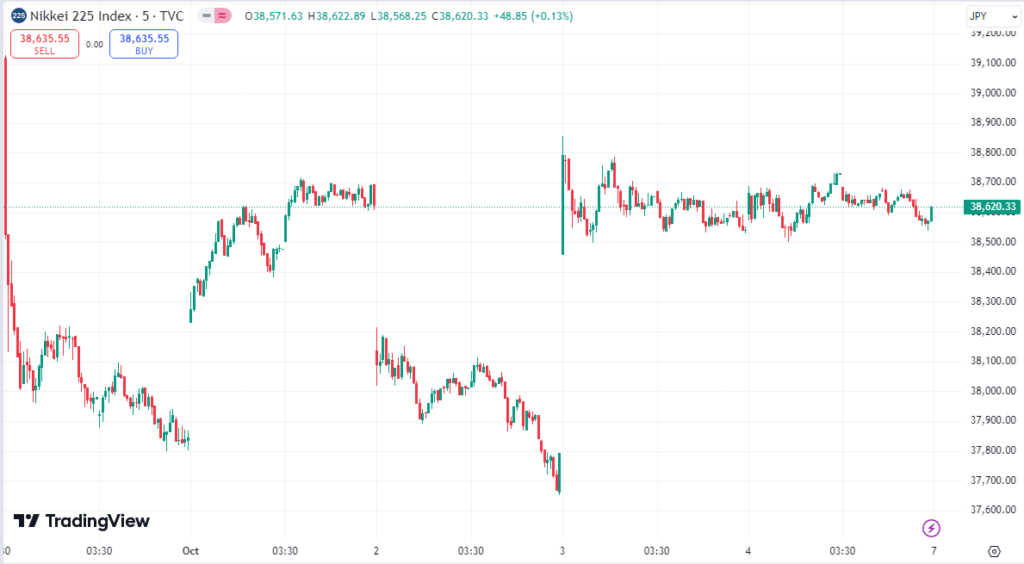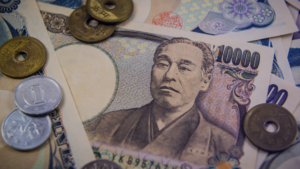Asian shares traded with mixed results today, as concerns over escalating Middle East tensions influenced global markets, leading to a cautious trading environment. The conflict has introduced fresh uncertainty, with investors worried about the potential broader impacts on the global economy.

In Tokyo, the Nikkei 225 gained slightly, supported by strong corporate earnings, while Hong Kong’s Hang Seng Index fell, reflecting a more risk-averse stance among traders. The divergence across Asian markets mirrors the growing concern over the economic effects of the ongoing geopolitical crisis.
Rising tensions in the Middle East have sparked fears of disruptions in oil supplies and global trade routes, which have pushed up energy stocks but caused volatility in other sectors. Investors are closely monitoring how the situation might evolve and the potential global economic fallout.
Meanwhile, Wall Street experienced a sell-off, with the S&P 500 and Dow Jones finishing lower as investors sought safety in gold and US Treasuries, reflecting broader market anxiety. The uncertainty surrounding the conflict has overshadowed corporate earnings and economic data, causing a shift away from riskier assets.
Analysts are warning that further escalation could lead to increased volatility in equity markets, with oil prices and safe-haven assets expected to remain in focus. As Asian markets reflect this caution, their performance will depend heavily on how the conflict develops and any international responses that follow.













